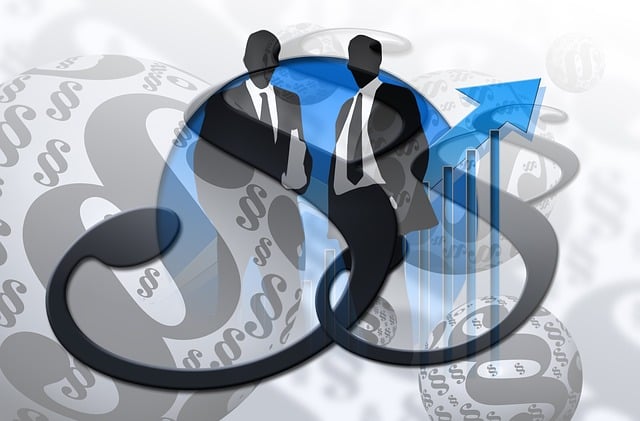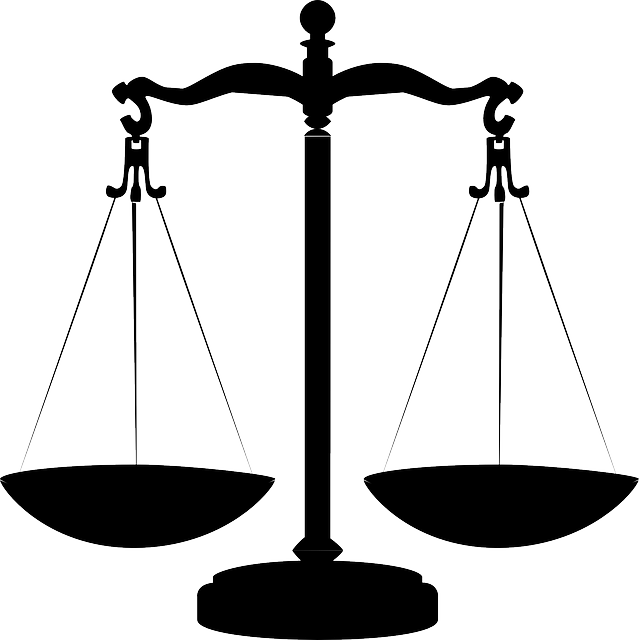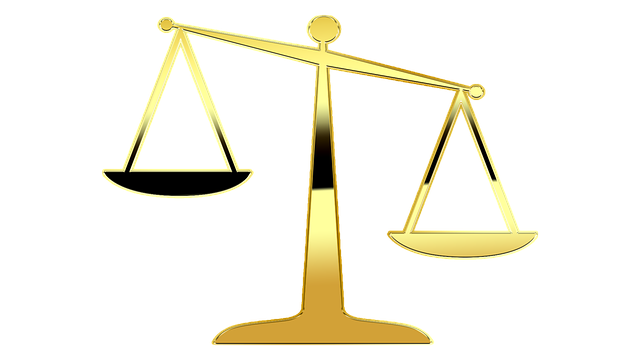Trucking company liability policies are essential risk management tools that protect against financial losses from accidents, injuries, and property damage. Legal teams representing clients in trucking cases must understand these policies to assess their coverage, identify gaps, and optimize strategies for defense against claims. This involves regularly reviewing policies, collaborating with experts, training drivers and managers, and fostering open communication with legal specialists.
In today’s vast logistics network, understanding the intricacies of trucking company liability policies is paramount for legal teams. This article delves into the crucial aspect of corporate trucking operations, focusing on how legal professionals can navigate and enhance protection for their clients. We explore the nuances of these policies, identify common risks and coverage gaps, and provide strategies to fortify legal defenses for corporate carriers, ensuring compliance and risk mitigation in this dynamic industry.
- Understanding Trucking Company Liability Policies
- Identifying Potential Risks and Gaps in Coverage
- Strategies for Enhancing Legal Protection for Corporate Carriers
Understanding Trucking Company Liability Policies

Trucking company liability policies are designed to protect both the company and its drivers from potential risks and financial burdens associated with operations. These policies cover a wide range of scenarios, including accidents involving company vehicles, injuries sustained by employees or third parties, and claims for property damage. Understanding these liability policies is crucial for legal teams representing clients in cases related to trucking companies.
By reviewing the terms and conditions outlined in these documents, an accident lawyer can assess how the policy interprets and handles incidents such as slip and fall injuries on company premises or during trips, as well as property damage claims resulting from accidents caused by trucks under their operation. This knowledge enables legal professionals to build stronger cases and navigate complex legal landscapes effectively.
Identifying Potential Risks and Gaps in Coverage

Identifying potential risks and gaps in coverage is a critical step for legal teams when targeting corporate trucking company liability policies. Trucking operations involve a complex web of activities, from transporting goods to ensuring driver safety and maintaining vehicles. A thorough assessment should consider various scenarios that could lead to liabilities, such as car accidents involving company trucks or drivers. These incidents can result in significant financial losses, including medical expenses for auto accident injuries and damages arising from commercial disputes.
Legal teams must review the existing policies to uncover any shortcomings in coverage. For instance, gaps might exist in liability protection during off-duty hours when drivers are using personal vehicles for company business or during loading/unloading operations where third-party risks are heightened. Collaborating with experienced car accident attorneys and understanding industry standards can help identify these risks and ensure that the trucking company’s liability policies adequately address them, thereby safeguarding against potential lawsuits and claims related to auto accident injuries.
Strategies for Enhancing Legal Protection for Corporate Carriers

To enhance legal protection for corporate carriers, several strategic approaches can be implemented. First, reviewing and updating liability policies is crucial. This involves ensuring comprehensive coverage for various risks specific to trucking operations, such as cargo damage, driver negligence, and road conditions. Collaborating with insurance experts can help tailor policies to align with the unique needs of each company.
Additionally, regular training sessions for management and drivers on safety protocols and legal responsibilities are essential. These programs should cover not only operational best practices but also the latest regulatory changes related to trucking company liability. Encouraging open communication between all stakeholders, including the assistance of a car accident lawyer or car accident attorney, can facilitate quicker resolution of issues and better risk management.
Legal teams are increasingly targeting corporate trucking companies’ liability policies, highlighting the need for a comprehensive understanding of these policies and their potential risks. By identifying gaps in coverage, legal experts can devise strategies to enhance protection for carriers, ensuring they meet the demands of a dynamic transportation industry. Understanding and addressing these liabilities is crucial for businesses to navigate the complex landscape of trucking regulations and mitigate legal risks effectively.






